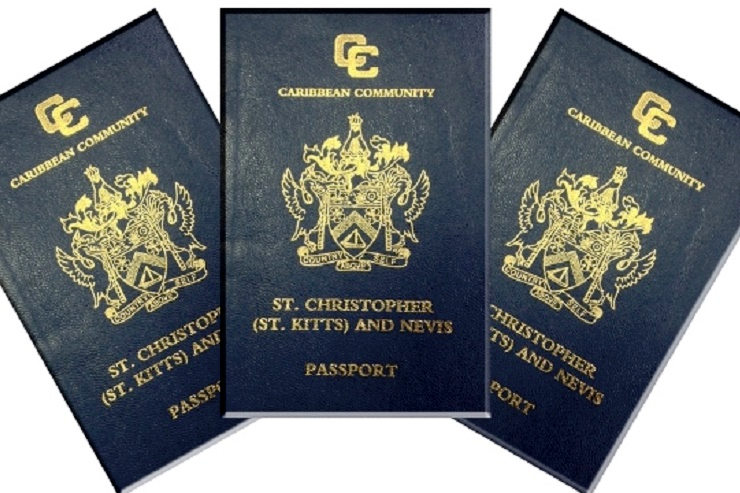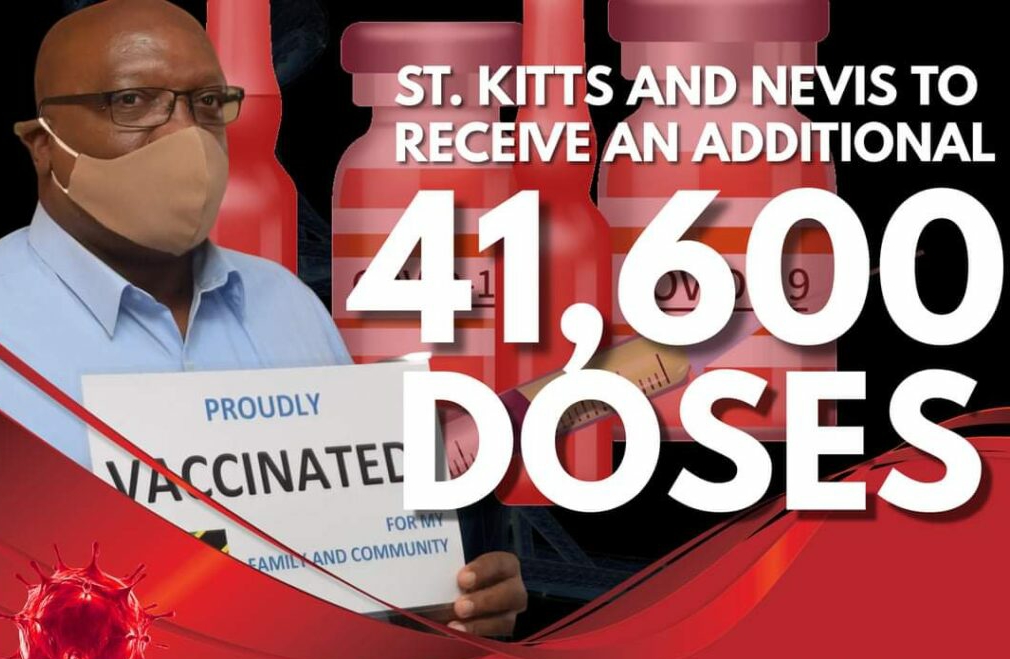
St. Kitts and Nevis Passport
932/2018
By: Erasmus Williams
Basseterre, St. Kitts, October 24, 2018 – Another threat to the St. Kitts and Nevis Citizenship by Investment Programme.
According to Schengen visa info, recent report published lately by two anti-corruption organizations has urged the European Union to review visa-free agreements with St. Kitts and Nevis and some of the Caribbean countries, (Original Story).
Transparency International and Global Witness have warned the EU on the Caribbean jurisdictions that offer citizenship and visa-free Schengen travel via Citizenship by Investment Programs, after Canada suspended from the visa waiver program some of them. These countries are: Antigua and Barbuda, Dominica, Grenada, St. Kitts and Nevis and St. Lucia.
According to the report called “European Getaway: Inside the Murky World of Golden Visas,” these countries grant citizenship via fast-track route, with a significantly low investment requirement within very short periods of time.
“Passports for a family of four can be acquired by an investment as low as US$100, 000 within 90 days. There are no requirements to reside in these countries, with the exception of Antigua and Barbuda, which has a five-day residence requirement. In fact, applicants do not even need to pick up their passports in person,” the report reads, pointing out how easy it is to get a passport from any of these countries.
Transparency International and Global Witness urge the European Union to review its visa-free agreements with these Caribbean jurisdictions, in the light of the risks coming from admitting the corrupt and the criminal into Europe.
“Ultimately, if the EU is not confident in the ability of these schemes to identify and reject high-risk applicants, it should consider following Canada’s lead by suspending the visa waiver to golden visa schemes outside the EU,” the report reads further.
The Organization for Economic Cooperation and Development (OECD) just recently named St. Kitts and Nevis among a list of 21 countries flagged as operating citizenship schemes that that potentially pose a high-risk to the integrity of the OECD/G20 Common Reporting Standards.
The CRS requires financial institutions to report financial information of account holders who are citizens of OECD member countries in an effort to fight tax evasion.

Click for Original Story








